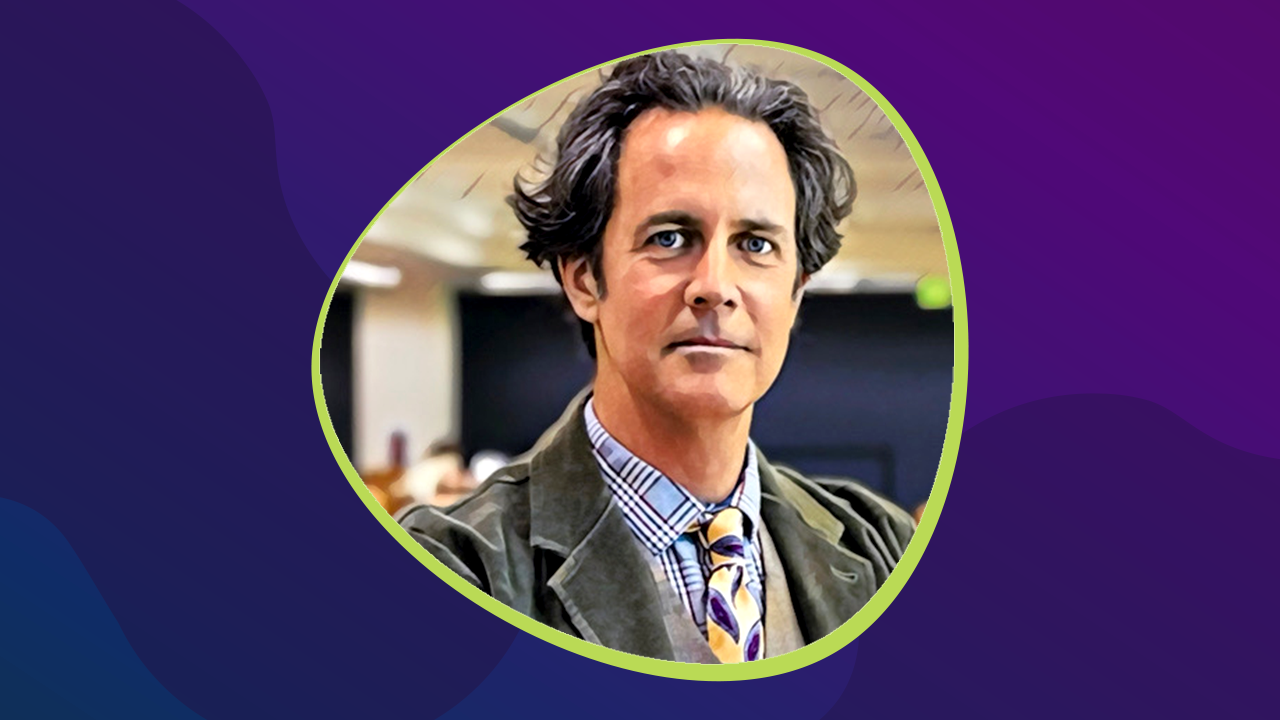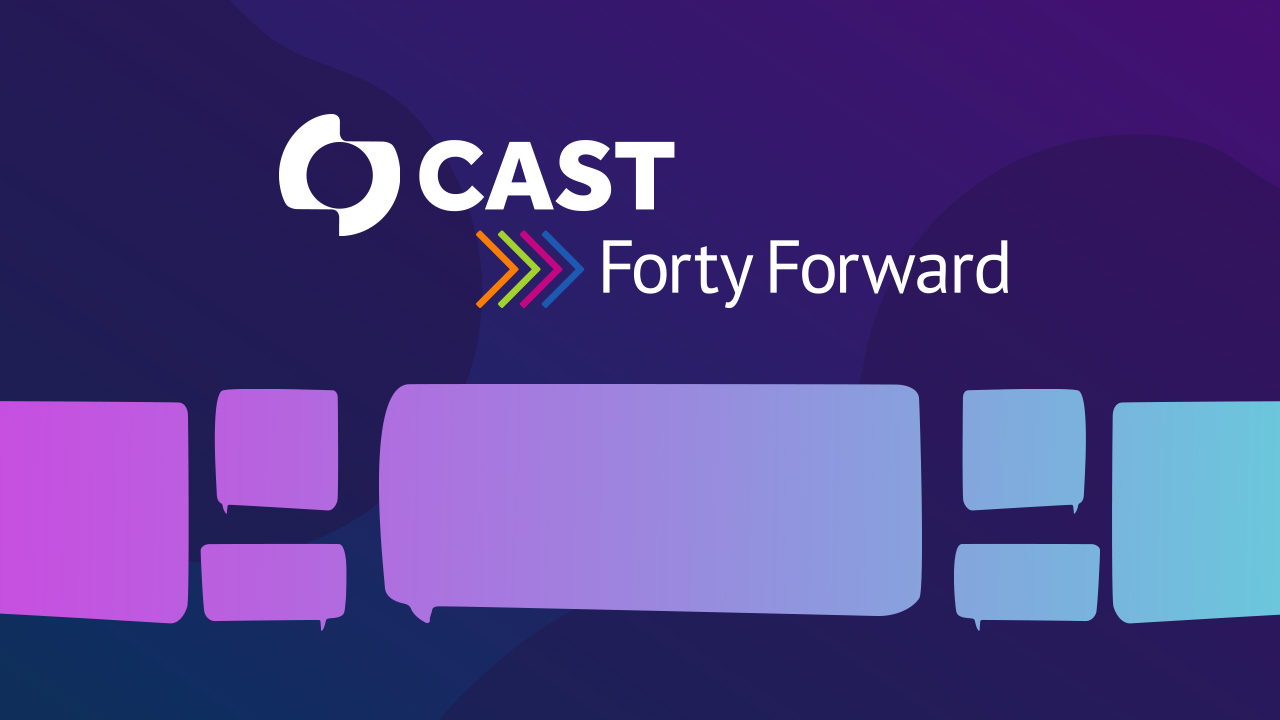Brett Christie, Ph.D.

Memorable Experience(s) with CAST:
When Dr. Emiliano Ayala and I launched our U.S. Department of Education-funded "Ensuring Access through Collaboration & Technology" project in 2005, we were inspired by CAST. We adopted the UDL framework to work with hundreds of faculty to redesign courses applying the UDL principles. Most faculty do not have a formal background in effective teaching or learning science. The UDL framework provided an approachable method for faculty to realize more effective, inclusive, and accessible teaching practices.
CAST was a great partner in this effort, whereby thousands of students were taught by our UDL faculty, resulting in increased course GPAs and course completion rates. This truly impacted the ultimate goal - that the greatest number and diversity of students be successful in reaching their educational goals.
What Does CAST Mean to You?
CAST ultimately stands for creating opportunity and access through recognizing that learners have varying backgrounds, needs, and abilities and limitations to their success are often a factor of the learning environment.
How has CAST Changed Over the Years?
CAST evolved beyond K-12 in the early days to have a strong and contingent postsecondary focus. CAST has also evolved to stay current with technology and to influence how the technology is designed and developed.
What Are You Most Excited About CAST Celebrating its 40th Anniversary?
Knowing how many educators and their students have been impacted by an inclusive and proactive approach to the needs of individuals, as opposed to a reactionary and compliance-based stance that had largely prevailed in the past.
Favorite CAST-Related Quote
Enabling the great number and diversity of learners to be successful! - Brett Christie, Ph.D.

Sharing CAST Stories
At CAST, our UDL champions have played a vital role in shaping our journey, and now it's time to shine a spotlight on their invaluable contributions.
